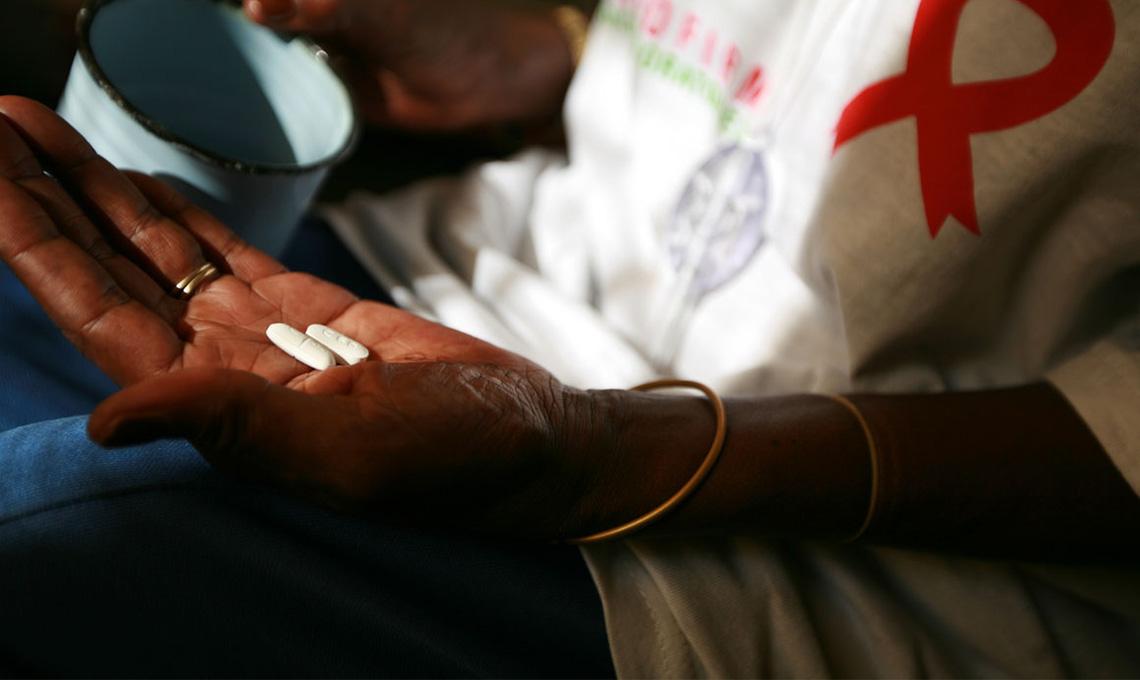Social and Human Capital Development is key to achieving SADC’s objectives of regional integration and economic development
Social and human capital development is essential for the Southern African Development Community (SADC) to achieve its objectives of regional integration, economic development and improving the livelihoods of citizens.
That is why Pillar III on Social and Human Capital Development in the Regional Indicative Strategic Development Plan (RISDP) 2020-2030 is a crucial component of industrialisation and regional integration.
This pillar ensures that socio-economic development is achieved in a human-centred, inclusive, and sustainable manner. Specifically, RISDP 2020–2030 seeks to develop modern and well-resourced health systems that are accessible and responsive in addressing the burden of disease and emergencies. This will see a scaling-up of efforts to fight HIV/AIDS and communicable diseases, as well as investments to address all forms of malnutrition.
With a special focus on women, youth, and children, Pillar III of the RISDP 2020-2030 accords attention to enhancing opportunities for all citizens to enjoy socio-economic well-being in a context of improved food and nutrition security.
The Pillar aims to strengthen and harmonise regional health systems for the provision of standardised and accessible health services to all citizens and addressing threats caused by health pandemics.
This will result in improved, accessible, and responsive regional health systems. SADC is implementing regional initiatives on the elimination of malaria and control of tuberculosis, and other programmes on non-communicable diseases.
The Region is also strengthening health systems with a focus on improving access to health service delivery, and is establishing regional programmes that enhance harmonisation and coordination of public health matters to improve service delivery in Member States.
SADC is also enhancing investment in nutrition to address all forms of malnutrition through developing regional minimum standards for food fortification to address all forms of malnutrition. Nutrition interventions, including micronutrient supplementation and dietary diversity, targeting vulnerable women of reproductive age, young children, adolescents, and the population at large, are being implemented.
To improve the living standards for SADC citizens, the Region is also implementing poverty reduction strategies, and developing a resource plan and sustainability strategy for the Regional Poverty Observatory Steering Committee.
SADC is also working on increased access to quality and relevant education and skills development, including in science and technology, for its citizens through enhanced equitable access to quality and relevant education.
Under this objective, key interventions include promoting universal access to education for sustainable development, taking into account aspects of gender equality, human rights, and global citizenship, and enhancing the implementation of the SADC Qualifications Framework.
Efforts are underway to enhance skills development for regional industrialisation. A multi-sectoral skills development framework to support industrialisation, including through enhanced technical and vocational education and training, as well as apprenticeship and internship programmes, involving the private sector, is being developed.
SADC citizens’ digital skills are being developed to empower them to benefit from the changing nature of work and the rise of the digital economy, leveraging on infrastructure development. The Region is promoting the acquisition of skills, competences, and qualifications, ensuring that education and training systems are responsive to labour market needs and the evolution of work.
SADC also seeks to increase job creation with decent work opportunities for full and productive employment in the Region. This is being done through promoting and implementing holistic decent work agenda, prioritising job creation and access to productive employment opportunities for young people.
The Social and Human Capital Development Pillar in RISDP 2020-2030 seeks to build on the successes recorded under the previous RISDP, which include the mainstreaming of HIV/AIDS and tuberculosis into key sectors in SADC. Already, Member States have reached the 90-90-90 UNAIDS targets, while others are on the trajectory to achieve these important milestones. New HIV infections have declined by 37 percent, while AIDS-related deaths have been halved in the Region.
SADC is part of the Global Prevention Coalition to ensure that the Region continues to intensify the fight against malaria, and harmonised minimum standards for the prevention, treatment and management of the disease have been developed to promote health through support for the control of communicable diseases, preparedness, surveillance and responses during emergencies.
Eight Member States, namely Angola, Botswana, Eswatini, Mozambique, Namibia, South Africa, Zambia, and Zimbabwe, are pushing towards malaria elimination by 2030. These countries have formed a partnership called “Elimination 8” to collaborate across borders.
On women empowerment and gender mainstreaming, a number of policies were developed and/or mainstreamed for women empowerment, including, a SADC Framework for Achieving Gender Parity in Political and Decision-Making Positions, providing strategies and guidelines for strengthening the implementation of the SADC
Protocol on Gender and Development to ensure that at least 50 percent of all decision-making positions at all levels would be held by women by 2030.
The Social and Human Capital Development Pillar of RISDP 2020-2030 is therefore a crucial component of industrialisation and regional integration as it seeks to create an enabling environment by fostering the link between economic growth and human wellbeing, through holistic interventions that leave no one behind, and end poverty.


